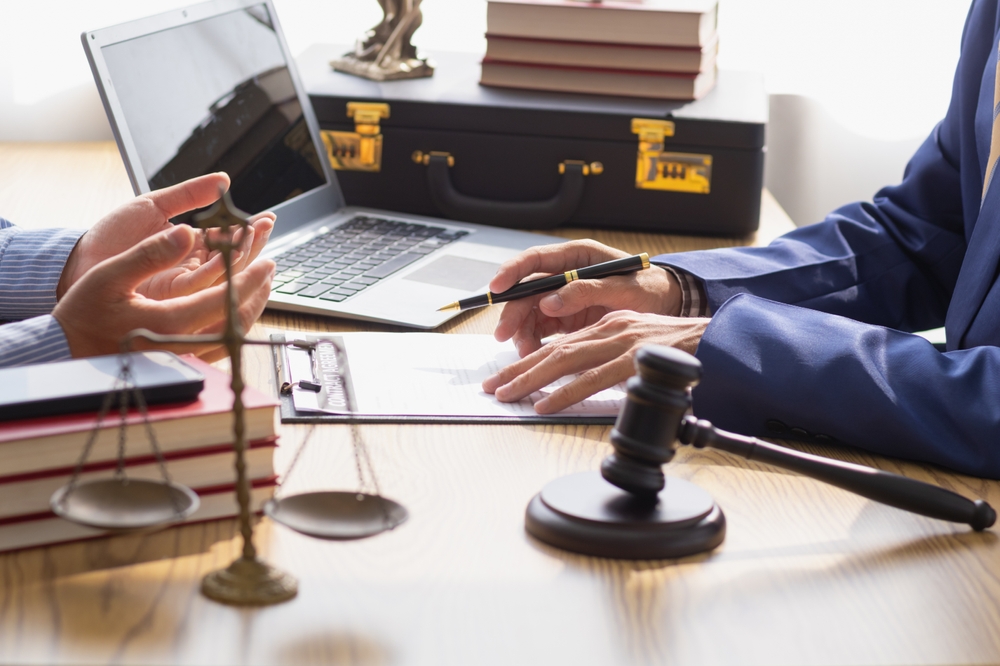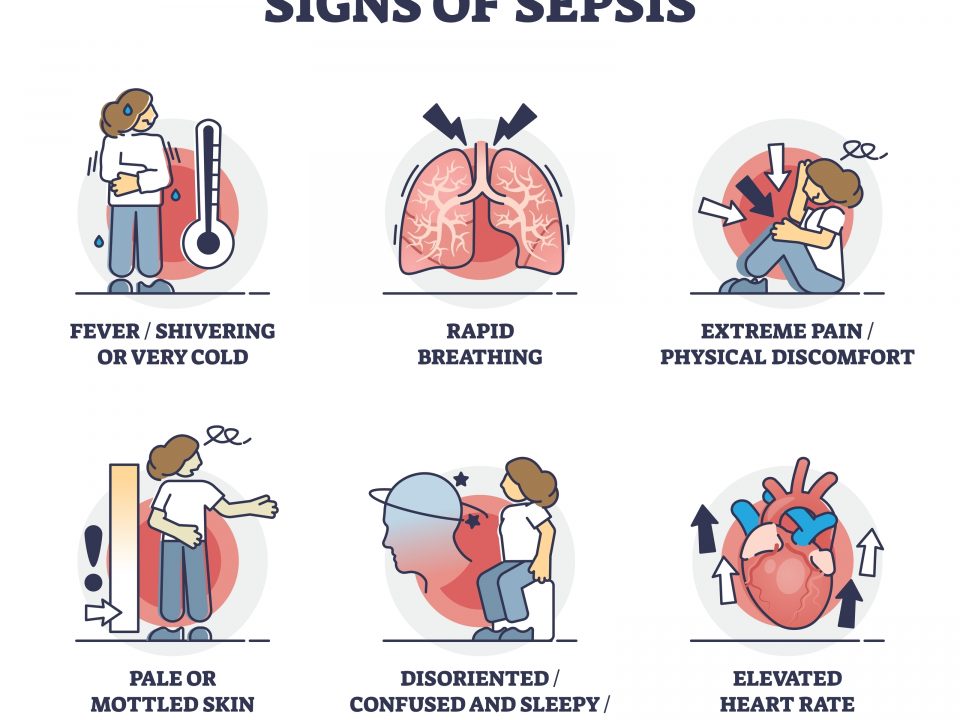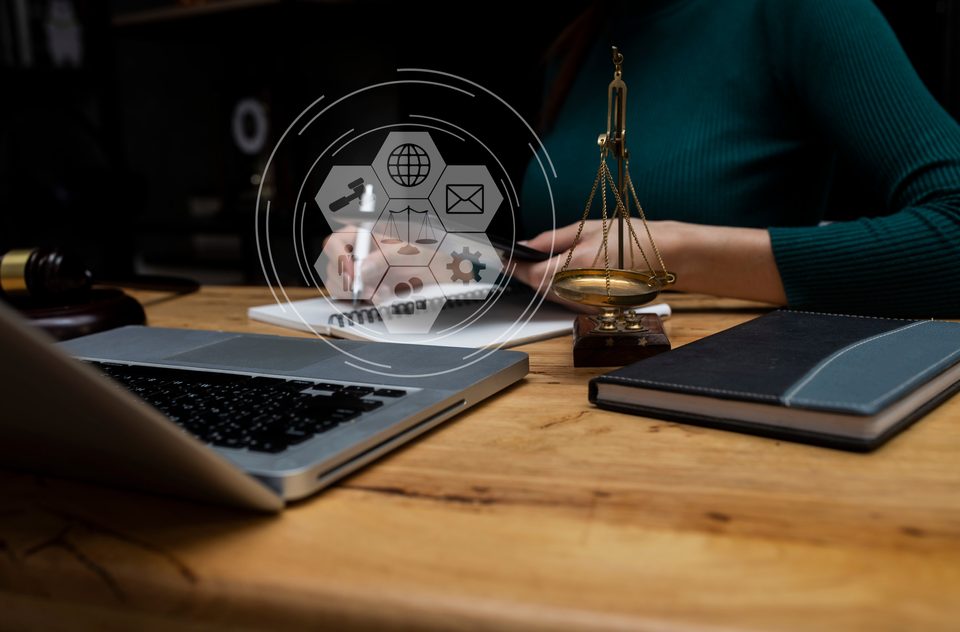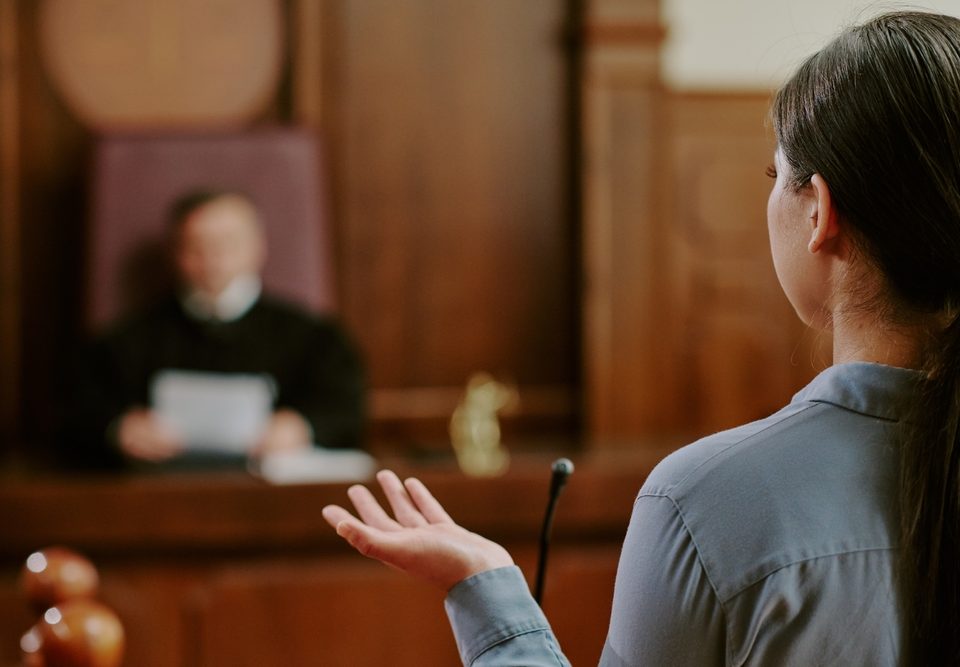
What Biggadike v El Farra & El-Neil Tells Us About The Unassailability Of A Credible Witness
18th September 2024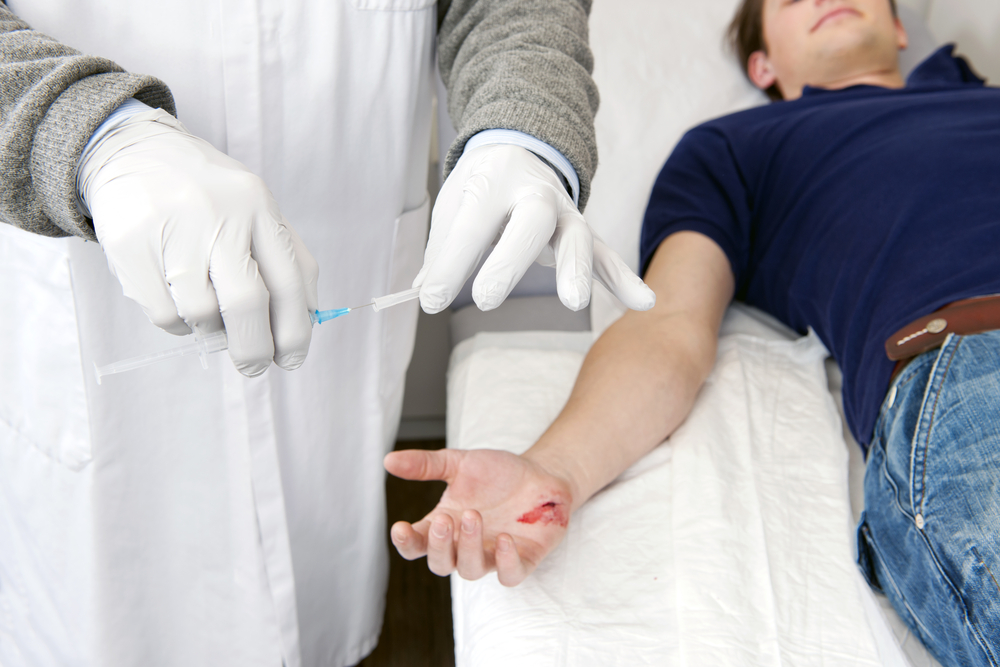
A Guide To Local Anaesthetics in the Emergency Department
12th November 2024In a medical negligence case, it is crucial that an expert witness called to give evidence in support of their client takes extreme care to follow all relevant procedures before drafting a final report ready for presentation to a court.
There have been several recent cases in which an expert witness was found to have been less than thorough in preparing and presenting evidence. An example of this is the case of Arksey v Cambridge University Hospitals NHS Foundation Trust, which drew the judge’s criticism.
Missing Information
In the case mentioned above, the judge expressed surprise that the claimant’s expert had not disclosed or considered the fact that the client had undergone a medical procedure that could have had a bearing on the claimant’s outcome. Specifically, though, the claimant’s expert witness claimed that he had not seen evidence of this particular procedure, a claim that the judge noted to be unlikely, as both sides’ expert witnesses had met prior to the court proceedings and that the claimant’s witness must therefore have seen the evidence. The claimant’s witness admitted that he had seen the full set of records only one week prior to coming into court.
In the judge’s opinion, this expert had, therefore, confirmed that two medical reports were correct, without verifying whether the information within them was complete and accurate, upon which they were found to be incomplete and inaccurate.
So, what can medicolegal experts learn from this, and what should they do and not do when called upon as expert witnesses?
Check and check again
A judge will always hold an expert witness to the highest professional standards and will be unimpressed by shortcomings and carelessness in the preparation and presentation of evidence, which could result in a serious negative impact on the outcome of a case.
When preparing reports ensure you have all the documents and material necessary to aid you in forming your expert opinion. If you don’t have everything, request missing items from your instructing solicitor. Ideally, this should be done before completion of the initial draft report, but if time doesn’t allow it, then ensure you provide a list of all required documentation you need to form your opinion. It helps to have seen and commented on relevant witness evidence from the other side.
It should be made clear that your draft reports are just that and not to be disclosed. Your final report should only be disclosed once you have seen and considered all the relevant available material.
You should see all expert evidence from the other side during preparations for experts’ meetings and it is here when you and/or your instructing solicitor should take note of whether any evidence has been seen by the other side but not by you. Avoid completing any discussions with the other side until the situation is remedied.
Before and during the trial
Do all you can to minimise any negative impact on your client’s case including raising awareness with your legal team if, for example, evidence comes to light that you are unaware of or haven’t seen.
Answer all questions asked of you as fully as you can. Trying to avoid answering will always catch you out and reduce the quality of your opinion.
Finally, rely only on your own evidence in the witness box. Do not assume that your legal team has given you everything you require to present your report as truthful and accurate. Rather, ensure that you have all available material and that there are no outstanding issues for your consideration.
With thorough preparation and diligence from the start, you can avoid a civil claim against you or attention from the governing professional body.
It is advisable that you familiarise yourself with the relevant guidance (plus Part 35 of the Civil Procedure Rules) provided by the General Medical Council.

